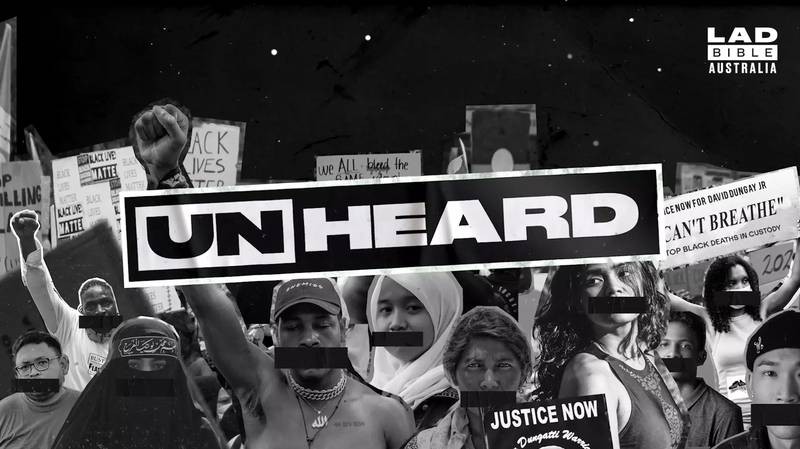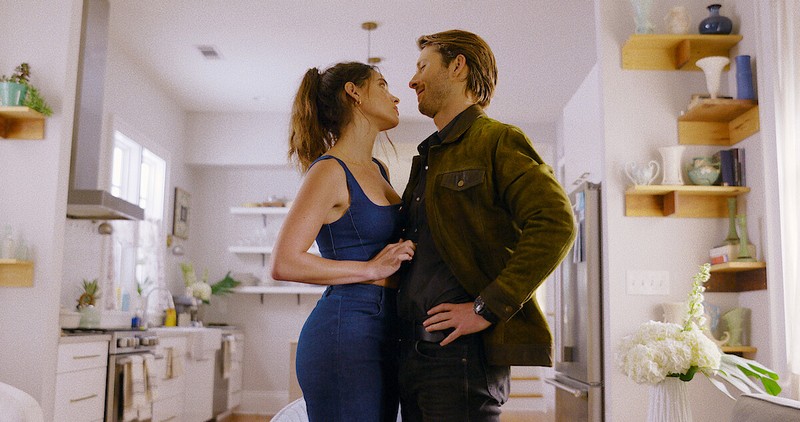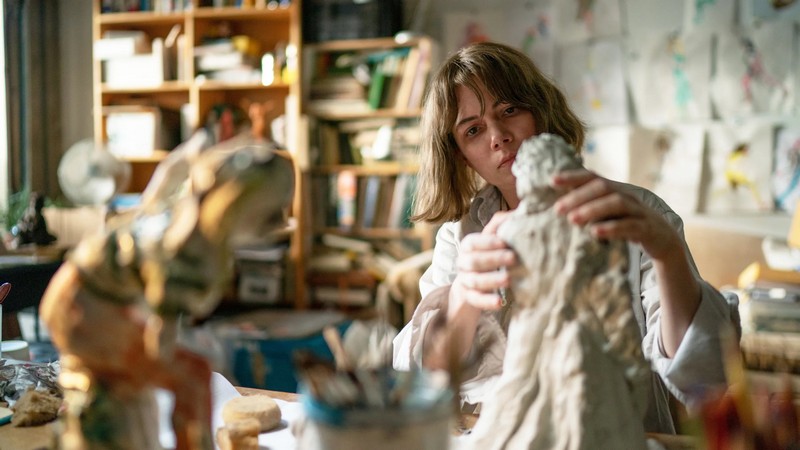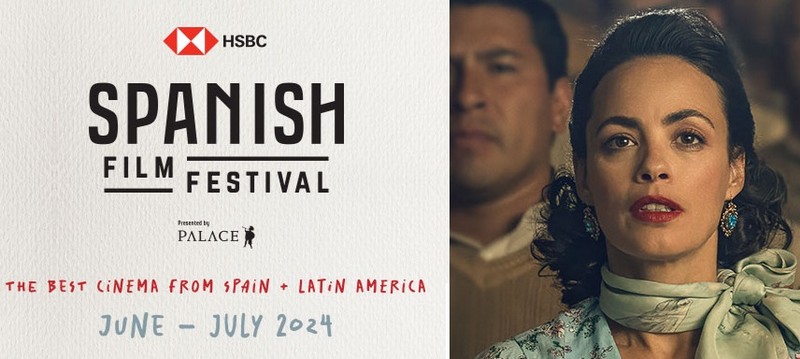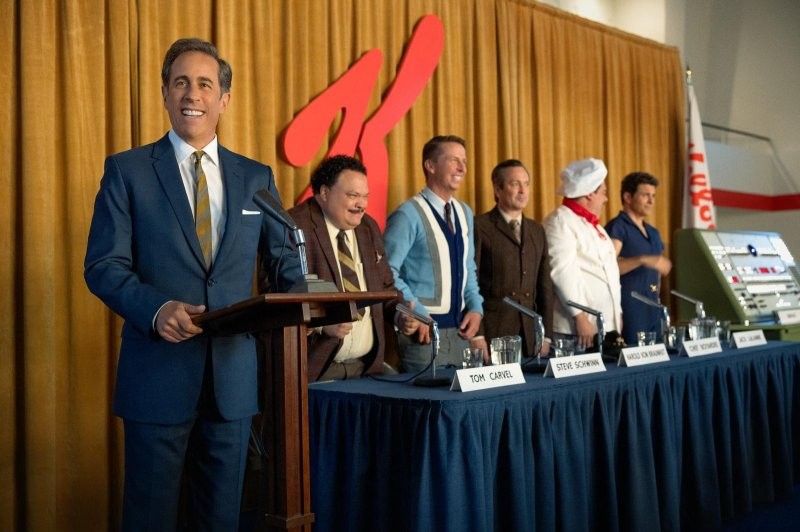Shahn Devendran is the Creative Director at LadBible and series producer of a new six-part documentary series Unheard that focuses on racial injustice throughout Australia.
From Indigenous Australians to asylum seekers, and a diaspora of ethnic and marginalised communities, the series offers a raw and frank insight into the racial inequalities the nation has perpetuated for decades.
This documentary series is a must see for every Australian. How long has this project been in the making, and what was the impetus for it?
So in 2020, obviously we saw thousands and thousands of Australians taken to the streets asking for more coverage on racial injustice in Australia and it raises a very good question. Why is it that most Australians know who George Floyd is but not many know the names David Dungay Jr. and TJ Hickey. So what we set out to do is use our audience. We reach over half a billion people worldwide. 11.8 million people in Australia. We wanted to use that audience and start to funnel that towards the organizations that are actually fighting the good fight everyday. Organizations like The National Justice Project, National Aboriginal and Torres Strait Legal Services, Asian Australian Alliance, Islamophobia Register, Deadly Connections, Human Rights Commission, Altogether Now, and among many others and essentially started discussing with them how can we lend our audience to support the work that they do?

Another big part of the equation was making sure that we had consistent coverage of these issues. I think it’s an important thing to do and not only consistently covering it, but making sure that coverage is coming from the voices of the people who are experiencing this first hand. So we built the Unheard campaign which launched in February this year and we’ve reached so far globally, over 100 million people. We’ve helped generate over 250,000 signatures for our partner petitions. We’ve committed to providing one article at least and one video per week to cover these issues. We saw the opportunity to really engage the audience and tell some important stories and so we worked with our partners and the communities and people that they represent to find emblematic stories that could really describe the situations, conditions, and treatment a lot of these communities are subject to.
Through that, we then crafted these six half hour episodes, one on indigenous deaths in custody, one on the targeting of indigenous youth. One on attacks towards Asians during COVID, attacks on Muslim women in Australia. The treatment of asylum seekers and refugees, and the vilification of the African community. We felt like we got a nice broad coverage of each of those diverse communities and pinpointed a lot of the key issues that we feel need to be addressed.
How did you and your team set about finding people willing to share their stories on such a big platform?
We developed these relationships when we launched the campaign and so, working with our various partners – they represent those individuals. We asked them who would be willing to share their stories and an important part of the process was making sure that the participants and partners across the documentary series felt heard and that we were handing the mic to those communities and saying we have a fantastic platform that we can reach millions and over half a billion people and we want to make sure that you have access to that community.
You began your career in TV as a production assistant at the ABC, and worked with MTV, BuzzFeed and the London 2012 Olympics. How did those experiences shaped your worldview?
I’m very blessed. I come from a mixed race background, so my dad’s Indian-Malaysian and my mother is the widest range – she’s French, Irish, English with Indigenous heritage. So, I think the gift they gave me was I could always see both sides of the story. I could see that my brown family is very similar to my wife’s family and there was no real differentiation between the way they loved or cared for each other. They sat around the dinner table and had all their meals together. That really shaped who I am and the ability to travel and learn about new cultures.
I was very lucky to be given the opportunity with the organisations and broadcasters that I worked with. I’ve reached a point over the last few years where I realized that we reach millions and millions of people every day and I think we should use that opportunity to really amplify the voices of the people who are trying to make their place in the world, and I really feel like we’ve done that with Unheard.

Those who don’t realize or choose to ignore the problems with racial injustice will be shocked by some of the stories. What insights did making the series reveal to you?
I mean, when you watch the documentary series, straight away you’re shocked by a lot of these numbers. You know many Australians may have read some of this in newspapers or may have seen some of these segments on the news. Often you’re only getting 60 to 90 seconds of the story. It’s not told from the people who’ve experienced it. Now there are some incredibly shocking statistics. You know 70% of students who come from a non-Anglo background experience racism every day. In 1991, as many people may know, the Royal Commission gave advice to defer indigenous communities away from incarceration because that was not the solution. And what we’ve seen over the last 30 years is those numbers. Doubling those kind of statistics are shocking in themselves, but I think what really hit home for me was spending time with each of these individuals, learning about their stories and the impacts that they had.
On a personal level, that’s what we tried to do with each of these episodes. To make sure that people were connecting on a human level. You know, there are stories about a mother losing a child, stories about a daughter who was assaulted while taking her mother out to the theater. You know, I think that’s something that everyone can relate to. As we delve into those personal stories, we begin to provide those statistics to say – look, this isn’t an isolated incident. This is happening all the time. So, we start to explore the broader issues and I think that’s something that impacted me deeply is learning how commonplace a lot of these stories are.
So why do you believe many people have such a hard time talking about racism and its impacts?
I think there aren’t systems put in place that are really monitoring what’s going on. Thousands of reports happen each year in Australia and only twenty people have ever been charged with hate crimes. That’s in the history of our country. And what Jamie Young said on the back of that was it’s got to a point where we just need to tell the story. It’ll sit uncomfortably for a lot of people. I think that’s been historically really difficult for us to admit that these things are happening and to really delve into those stories. We feel like with this campaign, driving awareness and driving support with the documentary series, we can share these stories and really connect. It can really help people realize this is an issue we need to address.
In what ways do you believe the Black Lives Matter movement has had an impact overseas and in Australia?
In the case of George Floyd and having those policemen convicted, I think that was a huge step for the USA and it sets a precedent for the rest of the world. I think it’s also showing that when you put a global focus on these issues, change is possible. We’ve gone so long in this country in managing to sidestep a lot of these issues that happen on a day to day basis, and I think it’s time that we put global focus on this and start to hold the decision makers accountable for the laws that are being made and upheld. Hopefully with documentaries and campaigns like Unheard, we can start to put a global focus on these issues and hopefully make a positive change.
Many of the stories people have shared come from people who have witnessed racial violence, and it’s not always clear the best way to react to the situation for fear of escalating it. What are some thoughts on what people should do in those situations?
I think our first steps need to be acknowledging that you know there’s an issue here and you know in the case of one episode we have attacks towards two young girls in Merrickville during the COVID pandemic. They felt a fear to go to the police and make these reports because they felt like they weren’t understood and they felt like they needed proof. I think this is with a lot of cases that we described throughout the series, that going through that process re-traumatizes these people who are already going through these hugely traumatic events and then have to constantly prove themselves again. It can really deepen those wounds even further.
I think what we can do from now is really start to acknowledge that there is an issue and perhaps look at how we can more sensitively start to address these incidents and how we record them, how we report them, how we respond to them, and the laws that are set up to protect communities like this. Already close to a million people have signed to support the fight against racial injustice. We want to drive that audience to support our relative partners and the participants involved, and that’s going directly to their platforms to make sure that their resources can be funneled into those volunteer programs and raise awareness.
Unheard is a six-part documentary series that will feature on Amazon Prime from 29 October 2021.
Patrick Scott
Other reviews you might enjoy:
- My Name is Gulpilil: Interview with director Molly Reynolds
- Happy Happy Joy Joy – The Ren and Stimpy Story – interview
- Banks Repeta and Jaylin Webb (Armageddon Time) – the interview

Patrick Scott is a recent graduate from Monash University with a Bachelor’s Degree in Media Communications. He is a freelance film reviewer based in Melbourne, and contributor to The Blurb.

